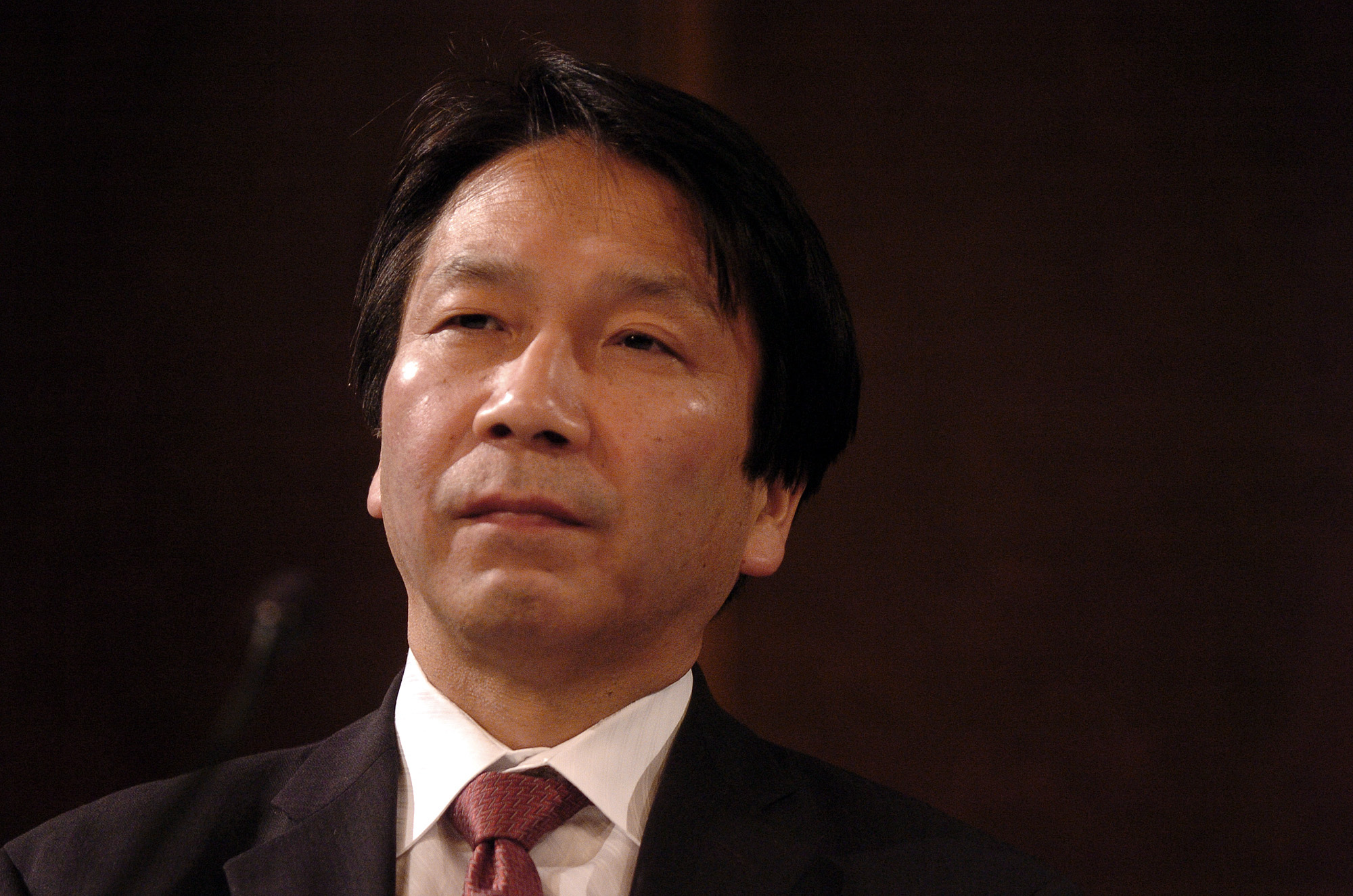Former Bank of Japan Deputy Gov. Kazumasa Iwata says the central bank will run up against the limits of bond purchases by the middle of next year, making the negative interest rate the BOJ's key tool for monetary policy.
Iwata, who was on the central bank's board from 2003 to 2008, thinks Gov. Haruhiko Kuroda can take a little more time to assess the impact of the current rate and is likely to hold off changing policy at the next meeting on April 27 and 28.
"As for how low is appropriate, minus 0.7 percent — or if you want to have some room, it would be around a negative 1 percent," Iwata said in a recent interview. "If they don't cut to that level, there would be a risk for returning to deflation."
















With your current subscription plan you can comment on stories. However, before writing your first comment, please create a display name in the Profile section of your subscriber account page.